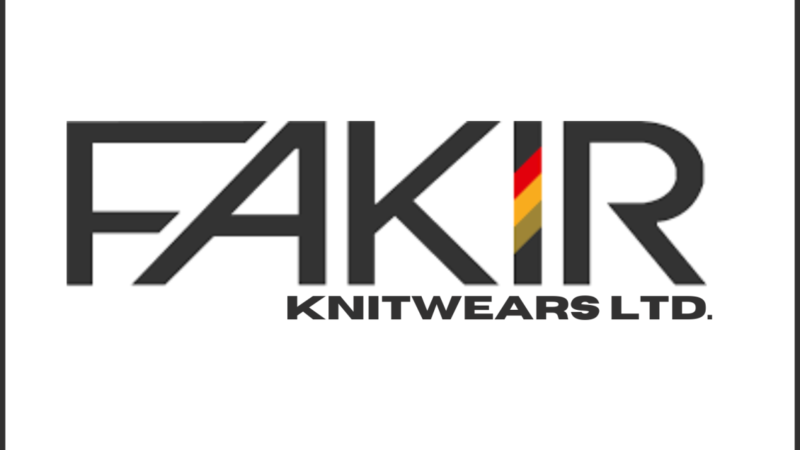Mastering the Conference Call: Tips for Effective Communication
onference calls have become an indispensable tool for businesses and organizations worldwide. They bridge geographical distances, save time, and foster collaboration. However, to ensure a productive and efficient conference call, certain strategies are essential.
Essential Tips for Effective Conference Calls
- Clear Objectives and Agenda:
- Clearly define the purpose of the call.
- Create a detailed agenda and share it beforehand.
- Allocate specific time for each agenda item.
- Choose the Right Platform:
- Select a reliable conference call platform that suits your needs.
- Consider factors like audio quality, video capabilities, screen sharing, and security.
- Audio and Video Quality:
- Use a headset with a microphone for clear audio.
- Find a quiet environment to minimize background noise.
- Test your equipment before the call.
- Active Participation:
- Encourage all participants to contribute.
- Use nonverbal cues like “mm-hmm” or “I see” to indicate engagement.
- Avoid multitasking during the call.
- Time Management:
- Stick to the agenda and time allocations.
- Summarize key points and decisions.
- Assign action items and deadlines.
- Follow-Up:
- Send out meeting minutes or a summary of decisions.
- Address any action items promptly.
Overcoming Common Conference Call Challenges
- Echo and Feedback: Mute your microphone when not speaking.
- Technical Difficulties: Have backup plans and contact information readily available.
- Dominant Participants: Establish ground rules for equal participation.
- Time Constraints: Prioritize discussion points and avoid tangents.
Best Practices for Different Types of Conference Calls
- Sales Calls: Focus on the customer’s needs, build rapport, and clearly articulate value propositions.
- Team Meetings: Encourage open communication, problem-solving, and collaboration.
- Investor Calls: Prepare concise and informative presentations, address investor concerns, and provide clear financial guidance.
By following these guidelines, you can significantly enhance the effectiveness of your conference calls and achieve desired outcomes.
Conference Call Etiquette: Your Guide to Professional Virtual Meetings
Conference calls have become a staple in today’s business world, offering convenience and efficiency. However, without proper etiquette, these calls can quickly turn into unproductive chaos. Let’s dive into the essential rules for conducting yourself professionally during a conference call.
Before the Call
- Prepare: Know the agenda, anticipated discussion points, and your role in the conversation.
- Test Equipment: Ensure your microphone and speakers are working correctly, and choose a quiet location for the call.
- Dial In Early: Arrive a few minutes early to troubleshoot any technical issues and be ready when the call starts.
During the Call
- Mute Yourself: When not speaking, mute your microphone to minimize background noise.
- Active Listening: Pay full attention to the speaker and avoid multitasking.
- Speak Clearly and Concisely: Enunciate your words and avoid rambling.
- Respect Others’ Time: Keep your comments focused and relevant to the agenda.
- Avoid Interruptions: Allow others to finish speaking before jumping in.
- Handle Distractions Gracefully: If unexpected noise occurs, apologize and mute yourself until it subsides.
- Video Etiquette: If using video, maintain good eye contact with the camera and dress professionally.
After the Call
- Follow Up: If assigned, take note of action items and deadlines.
- Share Meeting Summary: Distribute meeting minutes or key points to all participants.
Additional Tips
- Use a Headset: For better audio quality, consider using a headset with a microphone.
- Manage Background Noise: If you’re in a noisy environment, use noise-canceling headphones or find a quieter space.
- Introduce Yourself: If joining a call late, briefly introduce yourself before speaking.
- Be Mindful of Time Zones: When calling international participants, be considerate of time differences.
By following these guidelines, you can significantly improve the effectiveness and professionalism of your conference calls.
Conference Call Etiquette: Your Guide to Professional Virtual Meetings
Conference calls have become a staple in today’s business world, offering convenience and efficiency. However, without proper etiquette, these calls can quickly turn into unproductive chaos. Let’s dive into the essential rules for conducting yourself professionally during a conference call.
Before the Call
- Prepare: Know the agenda, anticipated discussion points, and your role in the conversation.
- Test Equipment: Ensure your microphone and speakers are working correctly, and choose a quiet location for the call.
- Dial In Early: Arrive a few minutes early to troubleshoot any technical issues and be ready when the call starts.
During the Call
- Mute Yourself: When not speaking, mute your microphone to minimize background noise.
- Active Listening: Pay full attention to the speaker and avoid multitasking.
- Speak Clearly and Concisely: Enunciate your words and avoid rambling.
- Respect Others’ Time: Keep your comments focused and relevant to the agenda.
- Avoid Interruptions: Allow others to finish speaking before jumping in.
- Handle Distractions Gracefully: If unexpected noise occurs, apologize and mute yourself until it subsides.
- Video Etiquette: If using video, maintain good eye contact with the camera and dress professionally.
After the Call
- Follow Up: If assigned, take note of action items and deadlines.
- Share Meeting Summary: Distribute meeting minutes or key points to all participants.
Additional Tips
- Use a Headset: For better audio quality, consider using a headset with a microphone.
- Manage Background Noise: If you’re in a noisy environment, use noise-canceling headphones or find a quieter space.
- Introduce Yourself: If joining a call late, briefly introduce yourself before speaking.
- Be Mindful of Time Zones: When calling international participants, be considerate of time differences.
By following these guidelines, you can significantly improve the effectiveness and professionalism of your conference calls.





